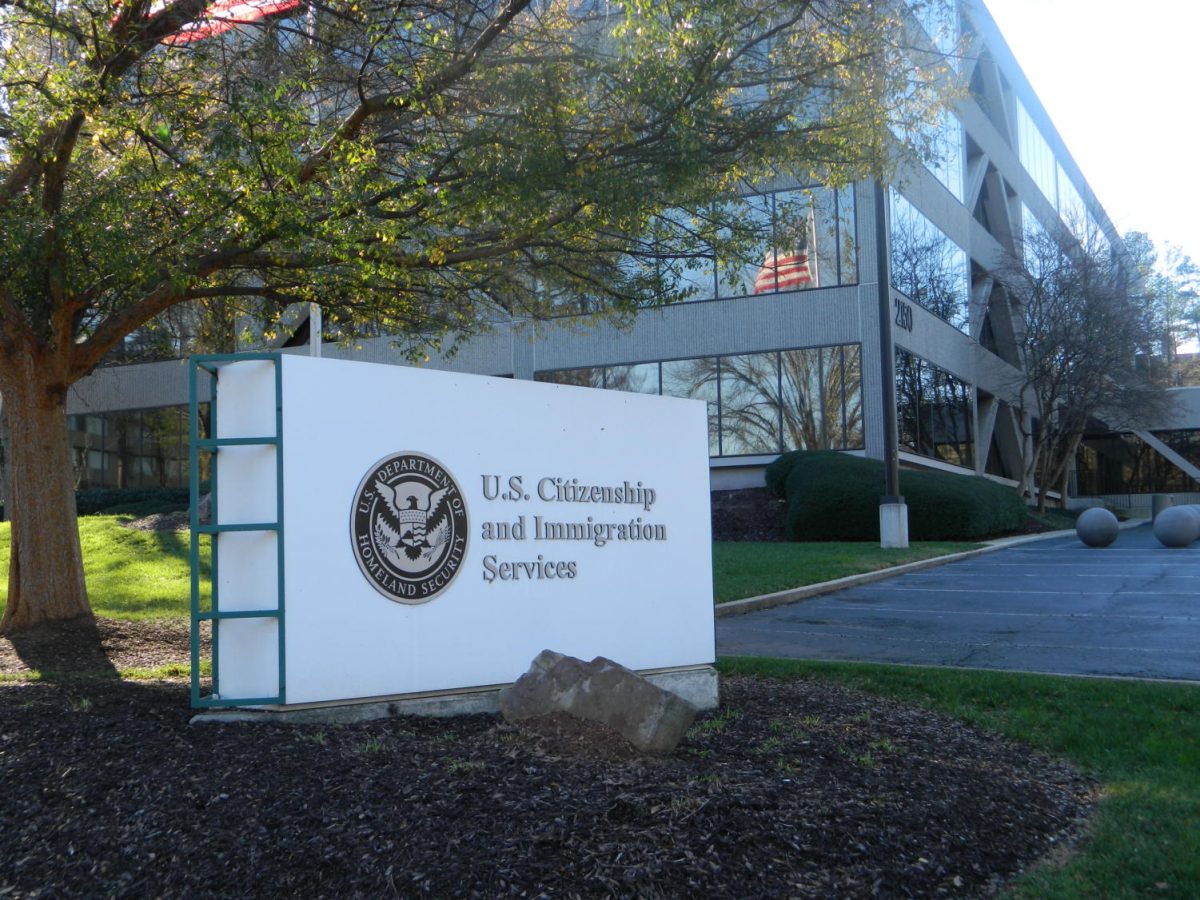As President Donald Trump gives Immigration and Customs Enforcement officers the ability to detain students on university grounds, Pitt has remained silent on how the administration will respond to potential ICE presence on campus one month into Trump’s second term.
To assist Pitt community members impacted by recently issued guidelines, professors and local organizations have started opening conversations with the increase of ICE agents and anti-immigration policy.
On the second day of President Trump’s term, the Department of Homeland Security issued a directive rescinding previous guidelines issued in 2011 which restricted ICE officers from conducting arrests, interviews and searches in “sensitive areas” such as schools, churches and hospitals. The directive arrives amid new legislation such as the Laken Riley Act, which targets immigration and immigrants in the country.
Pittsburgh Mayor Ed Gainey has been outspoken about these new laws and regulations. On Jan. 27, Gainey said he would oppose working with ICE.
“I am not going to be working with ICE. My administration will not work with ICE. We will do whatever is necessary to make our city more welcoming,” Gainey said.
According to University spokesperson Jared Stonesifer, Pitt is “tracking and reviewing all of the new administration’s executive orders and guidance carefully and will take appropriate and necessary actions based on that review.”
As of Feb. 17, no information has been sent to faculty and students regarding how Pitt will navigate the current political climate. However, the University has been in communication with international Pitt community members, according to Sheila Vélez Martínez, professor of immigration, refugee and asylum law and the director of the Immigration Law Clinic.
According to Eladio Bobadilla, an assistant professor of history at Pitt, he has received “no guidance whatsoever on this” from Pitt and “doesn’t know anyone who has.”
“It would be helpful for administrators to communicate to faculty and students what they are doing to ensure faculty can teach and students can learn without fear of intimidation or violence,” Bobadilla said.
Other universities across the U.S. such as the University of Northern Illinois have addressed the situation by releasing statements with advice for what to do in the event of ICE officers arriving on campus. Princeton University has guided its staff to not consent to searches by federal agents. Other institutions, such as the University of North Carolina at Chapel Hill, have committed to working with federal agents.
The feasibility of all of Trump’s executive orders and directives on immigration remains uncertain, as four federal judges have already blocked his executive order ending birthright citizenship. Bobadilla said he believes the likelihood of many of the immigration policies being blocked is “high.”
“Some of these policies and executive orders are blatantly unconstitutional,” Bobadilla said. “But will these decisions be respected? I’m not so sure, and that might represent a constitutional crisis.”
In the event of confrontation with an ICE officer, Bobadilla said it is important to “know your rights.” The constitution protects all people, including immigrants, with its due process clause and prohibits law enforcement from conducting unreasonable searches and seizures as well as discriminating based on race or ethnicity.
Vélez Martínez agreed with Bobadilla about actions to take in an encounter with an ICE officer.
“When you are in the United States, you have constitutional rights,” Vélez Martínez said. “If you are in your house, you don’t need to open the door unless ICE has a judicial warrant to enter your house. You have the right to remain silent … you have to know what your rights are.”
However, Vélez Martínez believes the new legislation mostly “creates fear” in communities with large numbers of immigrants.
“I’ve never seen ICE enforcement operations on campus ever, and I don’t expect them to happen even after this new directive,” Vélez Martínez said. “These are not the spaces where they are targeting operations.”
While the University has not publicly addressed the Trump administration’s new guidelines on ICE enforcement policies in sensitive areas, the University has internal procedures in place advising actions employees should take in confrontation with government investigators carrying subpoenas or warrants. According to Vélez Martínez, this information applies to “every school and every office” and also “applies to ICE”.
“What do you do when the county police comes to the law school with a warrant? It’s the same that you would do for ICE,” Vélez Martínez said.
Vélez Martínez advised international Pitt members seeking assistance to call the Office of International Services for an immigration specialist who can help them. If their issue lies beyond the abilities of the OIS, they may contact the Immigration Law Clinic.
“We have a close communication with them to make sure everyone who needs help finds someone to connect with,” Vélez Martínez said.
Outside of the university, Bobadilla encouraged immigrants to seek advice and safety from the greater Pittsburgh community.
“There is so much that’s unknown right now, and fear is rampant,” Bobadilla said. “But community has always been a source of strength for these communities, mutual aid groups, service organizations and places of worship.”


